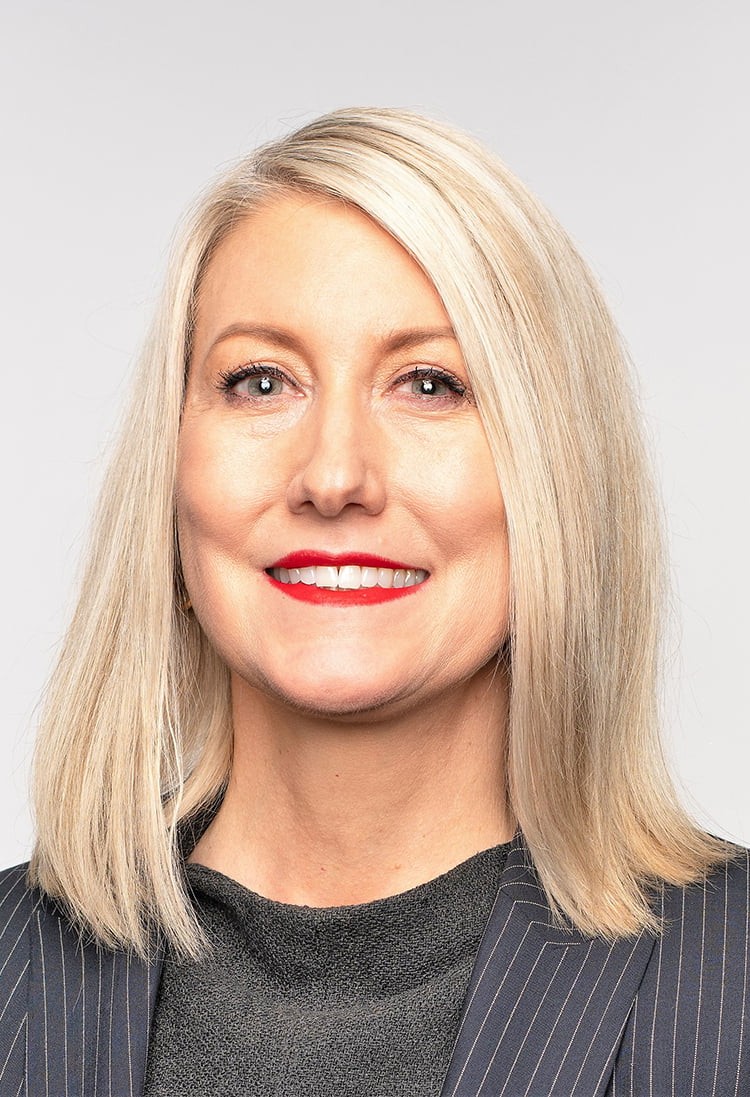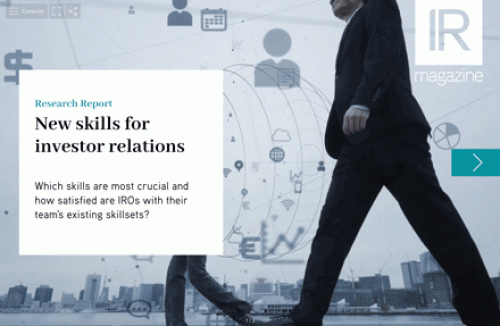Many IROs are experiencing mounting responsibilities and expectations in today’s post-pandemic ‘always-on’ reality, often coping with under-staffing and under-resourcing as companies strive to get back on their feet in the ‘new normal’ landscape.

‘IR is definitely a 24/7 industry,’ says Kimberly Esterkin, managing director at ADDO Investor Relations. ‘The always-on-call nature of the business is part and parcel of the job, so it is certainly not for the fainthearted. The ability to multi-task is another pressure. Whether one is in-house or at an IR agency, there are always several work streams taking place simultaneously.’

Oliver Moravcevic, director of IR at Edwards Lifesciences, agrees that the broad range of tasks involved in IR can present a challenge when it comes to seeking much-needed downtime. ‘There is always something going on,’ he comments. ‘Either we are preparing for earnings or planning for conferences, or we are on the road talking to analysts and investors. Each of these requires a different level of involvement and achieving a good work-life balance has not been easy.’
And if the profession wasn’t challenging enough, the fallout from Covid-19 is still affecting IROs, according to Esterkin.
‘I have definitely found the pressure increased post-pandemic,' she says. ‘The notion that your home is your office and your office is your home has truly blended the work/life continuum. There is an expectation that you'll always be available whether via phone, text or email, and the working week is no longer five but seven days. It’s therefore very important to establish boundaries, to make time for yourself and your family in order to create a separation between work and personal life.’
Heather Kos is vice president of investor relations and communications at Univar Solutions. She agrees the pandemic has added to IROs’ pressures, but feels there is light at the end of the tunnel as businesses continue to adjust.

‘I think, initially, pressures were harder post-pandemic because we were navigating hybrid investor marketing calendars, longer commutes to the office, the return of the social calendar and trying to get everything done within the same timeframes,’ she says. ‘Additionally, many IROs wear multiple hats that can affect the workload. I do think that over the past six to nine months, those pressures have lessened and we are finding a new normal.’
Managed correctly, times of pressure can present a learning opportunity, suggests Moravcevic. ‘We have more on our plates than before but, at the same time, the pandemic taught us how to be more efficient and flexible,’ he says.
‘It also appears we are working longer hours than pre-pandemic, but somehow wider acceptance of virtual meetings and added flexibility have made this more manageable. We live in exciting times so stress levels vary depending on what’s happening at any given moment. I try not to over-react but rather see these moments as opportunities and learn from them.’
Perspective and prioritizing
So how do today’s IR professionals cope? For Esterkin, perspective and exercise can provide some relief.
‘My coping mechanism is often taking a step back, putting the task at hand into perspective and prioritizing,’ she says. ‘What needs to be done first? What can be pushed until tomorrow or even next week?
‘There’s always work to be done but not all of it needs to be finished immediately and it can be shared between the team, if you have one. In addition to level-setting, I try to make a point of exercising each day. The added endorphins always seem to recharge me, giving me the positive push to keep at it and put forth my best effort.’
This is an extract of the Q&A published in the Winter 2022 issue of IR Magazine. Click here to read the full article.










